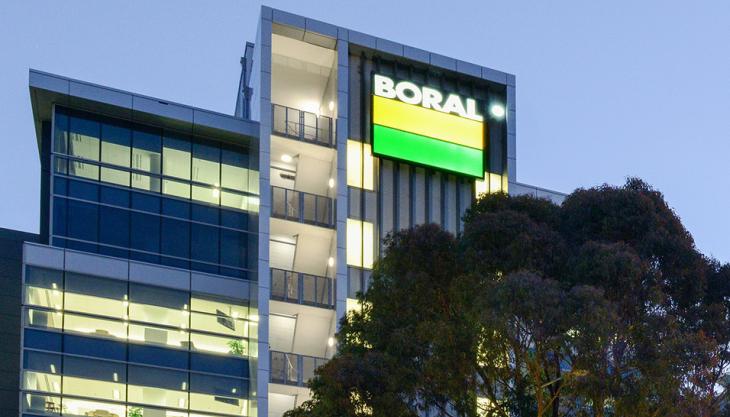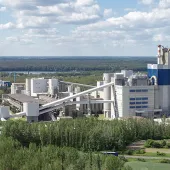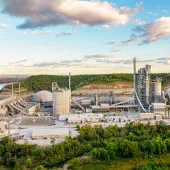Boral partner with Calix on carbon capture

Companies pave the way to lower CO2 emissions with A$30 million Government grant
IN partnership with leading Australian-based technology group Calix Ltd, Boral have today announced they will explore the feasibility of developing a carbon capture plant in the Southern Highlands after being awarded a A$30 million grant from the Commonwealth (Australian) Government to utilize Calix’s innovative carbon technology.
The grant will support Boral and Calix in assessing the viability of a commercial-scale plant that captures and compresses up to 100,000 tonnes/annum of unavoidable CO2 emissions resulting from the decomposition of limestone in cement manufacturing.
Boral chief operating officer Darren Schulz said Boral is committed to investing in projects that create high-performing products while reducing the company’s carbon footprint.
‘This is game-changing technology for our industry and will play a critical role in supporting customers’ sustainability targets,’ he said.
‘Together, Boral and Calix have access to the required infrastructure, technology, and operational expertise required to deliver this project and lead the way in reducing emissions across the industry.
‘By modernizing Australia’s cement industry, we are enabling the growth of lower-carbon construction materials, which are essential to jobs and local economies.
‘I want to thank the Government for their support and understanding the need to transform the management of emissions in cement manufacturing.
‘If successful, we believe this project will enable the national roll-out of carbon capture technology to Australia’s cement and lime industry, creating smarter and more sustainable solutions for our customers.’
Cement manufacturing is a high-emissions industry accounting for around 7% of all global carbon emissions. One of the biggest challenges is reducing the carbon trapped in limestone and subsequently released through the manufacturing process.
Calix’s technology re-engineers the existing process flows of a traditional calciner, indirectly heating the limestone via a special steel vessel. The unique process allows CO2 to be captured as it is released from the limestone.
The project will occur in three phases to minimize investment risk. The first phase is a detailed commercial model and pilot design to assess the engineering and commercial viability of the project. This is expected to be completed in June 2023 and, if successful, Boral will then consider further investment into the next phase of the project, which is technical and engineering design.
Calix managing director and chief executive officer Phil Hodgson said Calix had been working hard to pilot their technology in Europe, but this project represented an acceleration in carbon-abatement ambition that had occurred in Australia over a very short time frame.
‘It is great to be working with an Australian company such as Boral, with an Australian, home-grown technology, in a world-leading project,’ said Mr Hodgson.
Boral and Calix jointly applied for a grant through the Commonwealth Government’s Carbon Capture, Use and Storage (CCUS) Hubs and Technologies Programme.









